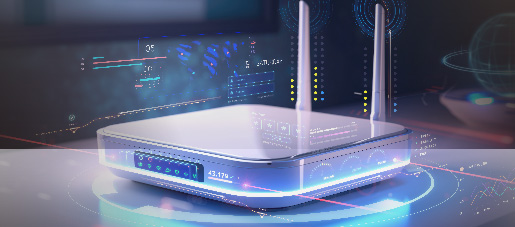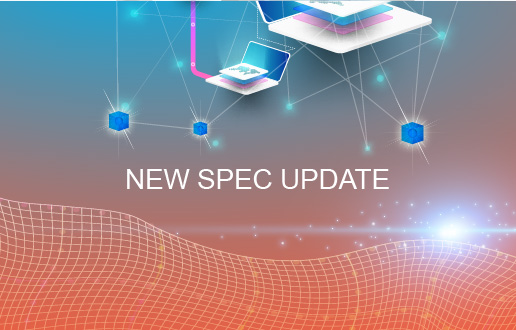The USB-IF announced the certification program of 240W Extend Power Range (EPR) USB-C cables on December 14, 2021. Allion Labs became one of the very first test labs authorized to provide the certification testing of 240W(EPR) cables with the complete range of test environments and fixtures which are required by the USB-IF.
In May 2021, the USB-IF released the USB Power Delivery (USB PD) Revision 3.1 specification and added a new function called Extend Power Range (EPR) for power delivery. The EPR function extends the maximum wattage limit of 100W (20V, 5A) in PD3.0 is to 240W (48V, 5A) in PD3.1. Now the USB-IF has announced the 240W(EPR) logos for USB Type-C® cables and connectors. Vendors may visit https://www.enablingusb.org/certification for more information.

240W(EPR) Cable Certification New Requirement
It is worth noting that the 240W(EPR) cable certification program includes a new requirement—following Section 3.11.2 of the USB Type-C® base specification, 240W cables are now required to use the USB-IF approved logo on the cable in the form of a sticker or on the overmold. Furthermore, a 240W(EPR) cable must have the logo present at the time of certification testing. USB-IF authorized test labs are required to inspect the 240W(EPR) cable and ensure that the logo is present before submitting results to the USB-IF. If the 240W(EPR) logo is not present at the time of certification, the cable will fail the compliance testing.
If a cable under test fails to meet compliance requirements, test labs are required to submit the result to the USB-IF through the CMS system and also inform the USB-IF that the cable fails. Then the USB-IF will send an email to the vendor company to terminate the use of the 240W(EPR) logo on that specific cable registration. From then on, the vendor company shall be responsible to remove the logo from the cable.
240W(EPR) Cable Registration
Vendors are required to register the cable with the USB-IF first to receive the 240W(EPR) logo. When vendors register the cable, they have to select an authorized test lab (e.g. Allion Labs) and email admin@usb.org the given CMS ID. Once the registration is confirmed as correct and that the vendor company has the appropriate, and up-to-date, Trademark License Agreement (TLA) on file, the USB-IF will provide the 240W(EPR) logo.
Vendors also have to clearly distinguish 240W(EPR) cables from 60W cables on registration. When vendors submit the above-mentioned requirements by filling out the 240W(EPR) registration form, please make sure that the field of maximum cable VBus voltage is set as 50V.

240W(EPR) Cable Test Updates
Testing of 240W(EPR) cables is very similar to previous cables. The main updates are as follows:
1. The only updates are included in the Power Delivery CTS, in which the E-marker of the cable is checked to ensure the appropriate fields are set to enable EPR. If EPR is not enabled, the cable is considered a 60W cable.
2. A 10nF bypass capacitor, whose minimum recommended voltage rating should be 63V, is required for the Vbus pin at each end of the 240W cable to support the maximum cable voltage rated for 50.9V.
In addition to 240W(EPR) USB-C cable certification testing, Allion is authorized by the USB Authorized Test Labto offer all USB compliance and certification tests, including USB4 Gen3, USB4 Gen2, USB3.2 Gen2, USB3.2 Gen1, USB2.0, USB Type-C®, and standard USB. For more information regarding USB consulting and testing services, please contact us at: service@allion.com.
USB4™、USB Type-C® and USB-C® are registered trademarks of USB Implementers Forum
New Certified USB Logo Program unifies consumer branding for solutions based upon the USB4™, USB Type-C®, and USB Power Delivery Specifications

































